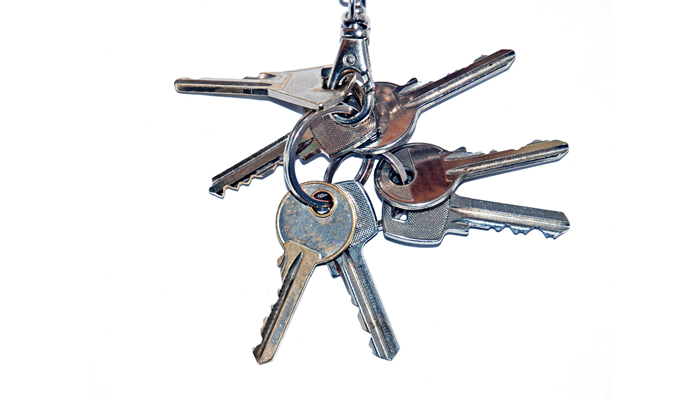1. Think BIG!
If your goal isn’t a challenge and doesn’t represent an important achievement for you it’s unlikely that you’ll be motivated enough to sustain the effort required to complete it. Forget all that SMART goals stuff about ‘realistic’ and ‘achievable’. That pattern was devised for setting goals for other people who work for you in a big organisation. All the research shows that people set much more challenging goals for themselves than the goals others set for them. It’s all to do with choice, I think.
2. Look at your whole life.
If you only have goals and plans for your working life, that’s where you’ll tend to spend all your time. If you have important goals outside of work, they will focus attention outside of work as well. If you want a balanced life, make plans for all aspects of life. Remember to include your nearest and dearest in the planning for goals that affect your life outside of work.
3. Get clear about why each goal is important to you.
Your values drive your behaviour so your goals need to connect with your values if you are to take the necessary actions to achieve them. If the goal isn’t really important, it’s unlikely you’ll achieve it unless it can be done quickly and easily – and where’s the satisfaction in a goal like that? For each of your goals, ask yourself, “Why is this important to me?” and “What will that do for me?” Keep asking the questions until you’re clear about what each goal means to you.
4. Work out how you can achieve the goal.
Or at least, what are the first few actions you can take that will get you started. Sometimes the entire path isn’t clear at first, so don’t allow that to be a barrier to getting started. Identify the best way to make some initial progress and plan in time to work out the later steps as you go along. You may not know how to do something, you may need to do some research or take lessons to learn a new skill, but there is always something you CAN do to get going.
5. When you make your plans…
Set aside specific time slots to do the activities that will move you closer to each of your goals. This could be a regular time of the day, week or month, depending on the goal. If your life doesn’t lend itself to lots of routine, simply make a list of the amount of time needed for each activity and then allocate each activity to a specific time each day, week or month. The key here is to make sure that you are making regular progress towards your goals.
6. Write your goals down and keep them somewhere you will see them often.
In your diary or time planner, your wallet, as a reminder on your phone or tablet or a poster on the wall of your office, kitchen or favourite place to think. Some people like a visual representation of the goal, others prefer the words. Experiment to find out which is most motivating for you.
7. Build into your plan plenty of time for ‘standing back’ and taking stock of your progress.
As well as reviewing the plan, amending it and also celebrating your successes along the way. You’ll need to keep track of how well you’re doing if you’re going to sustain the activities for a big, long-term goal. Equally, avoid checking progress so often that you can’t see any changes. Keep the intervals long enough that you can see you’ve achieved something every time.






